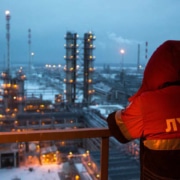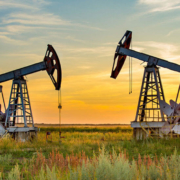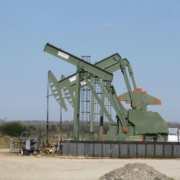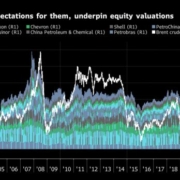The reality of the world’s energy needs and consumption shows that oil and gas extraction isn’t going anywhere. It will be part of the global energy mix for decades to come. The world will continue to need oil even if it somehow manages to put itself on track. Even it achieve net-zero emissions by 2050, we still need oil.
Renewable energy could replace more and more fossil fuels in power generation and transportation, but these are not the only industries using oil and gas. From medicines to cosmetics, clothing, and technology, the world will still need oil. The only future in which the world will not need oil is if all consumers, globally, suddenly give up all the comforts of modern life they are so used to.
As long as there is demand for oil and products originally derived from crude oil, there will always be someone to supply it. If the oil and gas industry were to ‘keep it in the ground’ as many climate activists want, energy shortages would be inevitable. Just look at what has happened with the natural gas crunch in recent months – sky-high prices for a commodity that is still vital for keeping the lights and heating on.
Click here to read the full article
Source: OilPrice.com
If you have further questions about the topic of oil and gas extraction, feel free to contact us here.










